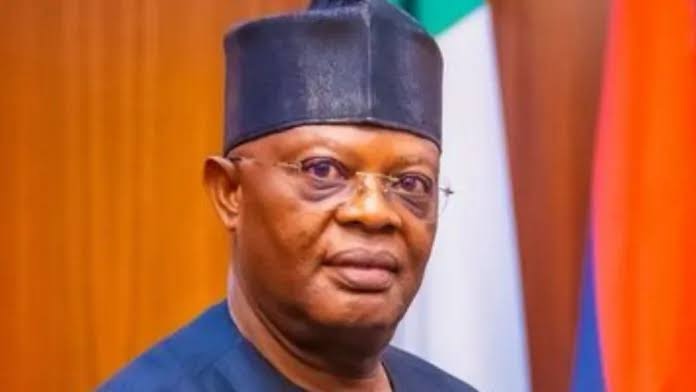…as robust security presence
The governorship election in Edo State faced significant challenges, marked by tight security, late arrival of electoral materials in some areas, and low voter turnout due to heavy rainfall.
From early morning, police and military personnel were deployed to maintain order. Their presence was especially noted at Eghosa Grammar School, a key Distribution and Collation Centre in Egor Local Government Area, where voting commenced shortly after 8 a.m.
However, voter experiences varied widely. Some, like Godwin Omoruyi, a man with disability who navigated the polls in an electric tricycle, commended the Independent National Electoral Commission (INEC) for a seamless voting process. In contrast, many voters faced delays; at Oredo ward 2, officials and materials were absent for hours.
Polling units in Oredo, Ikpoba Okha, and Auchi reported significant logistical issues. For instance, in ward 6, party agents lamented low turnout, citing intimidation as a possible cause. In other areas, such as Emokpae Primary School in Oredo, voting was delayed until after 8:30 a.m. due to late arrival of materials.
Despite these hurdles, some areas, particularly in Esan West, experienced timely arrival of voting materials and a smoother process.
Governor Godwin Obaseki, who voted at Emokpae Primary School, noted the strong turnout and enthusiasm of voters, even in the rain.
To address ongoing issues, INEC extended voting hours from 2:30 p.m. to 4:00 p.m. Amid reports of vote buying, the Economic and Financial Crimes Commission (EFCC) also made arrests in Egor Local Government Area.
While security was robust and some voters were engaged, logistical challenges and weather conditions significantly impacted the election process in Edo State.


